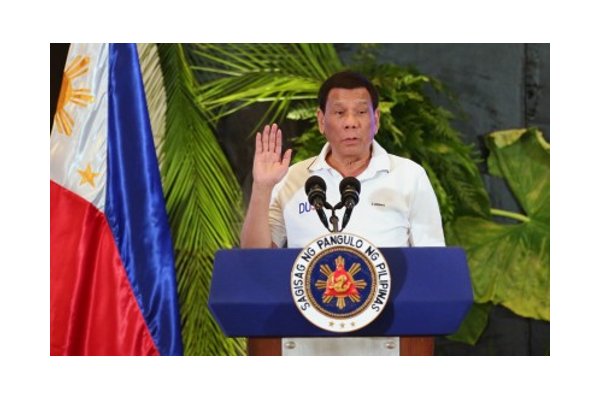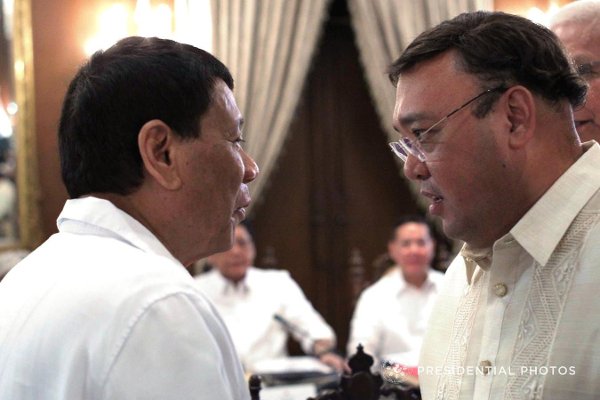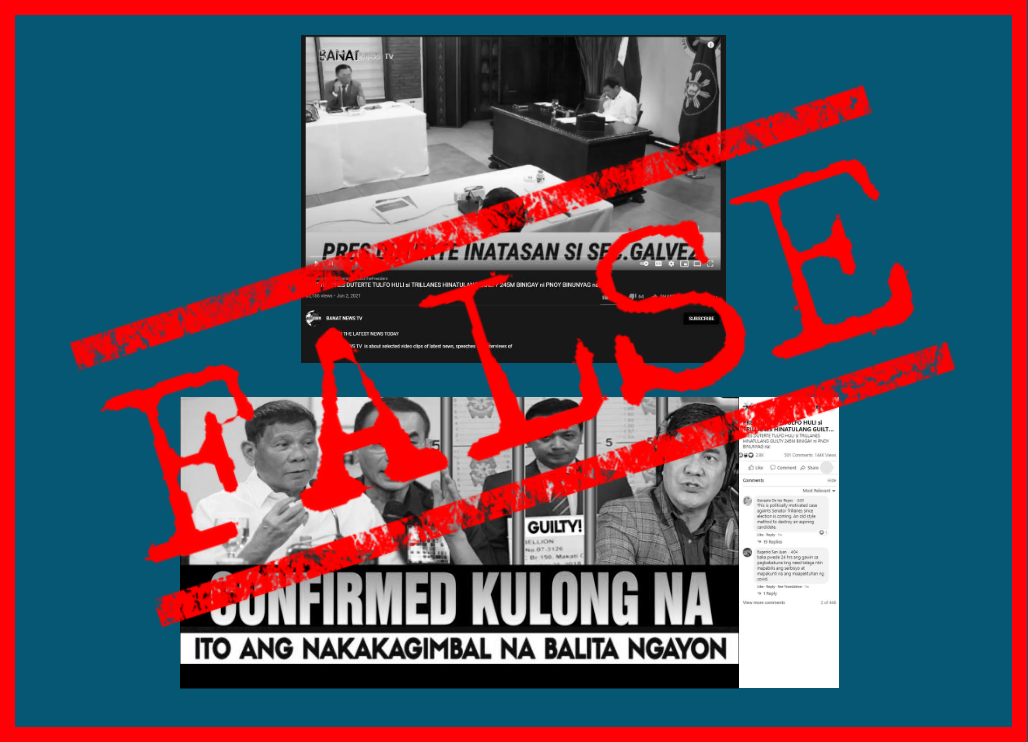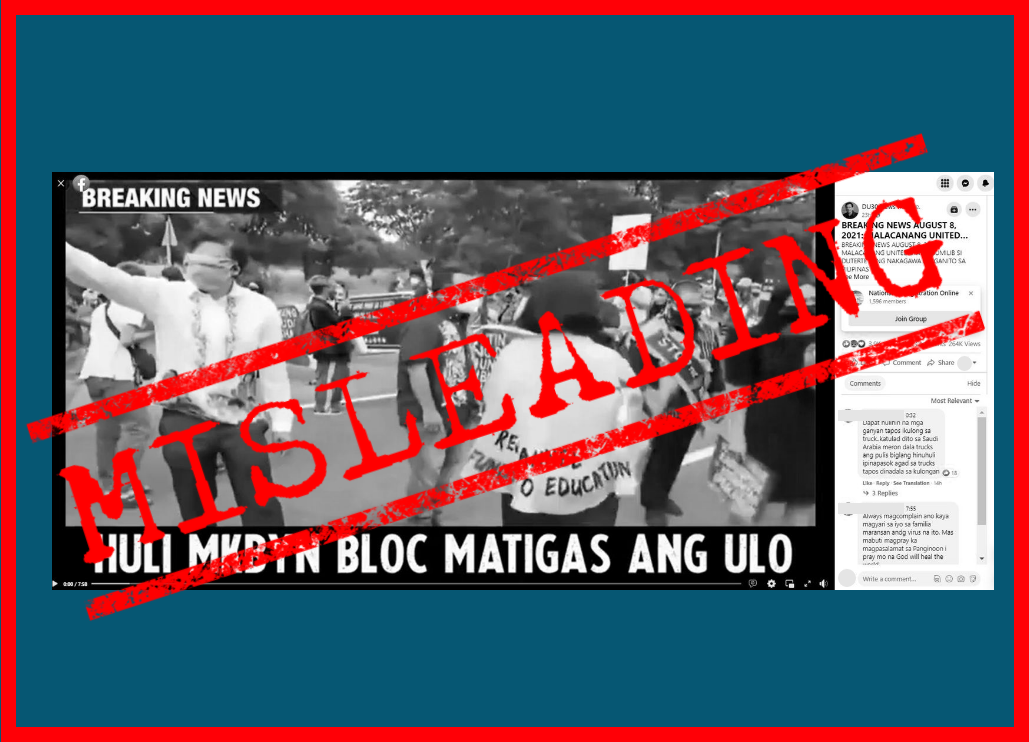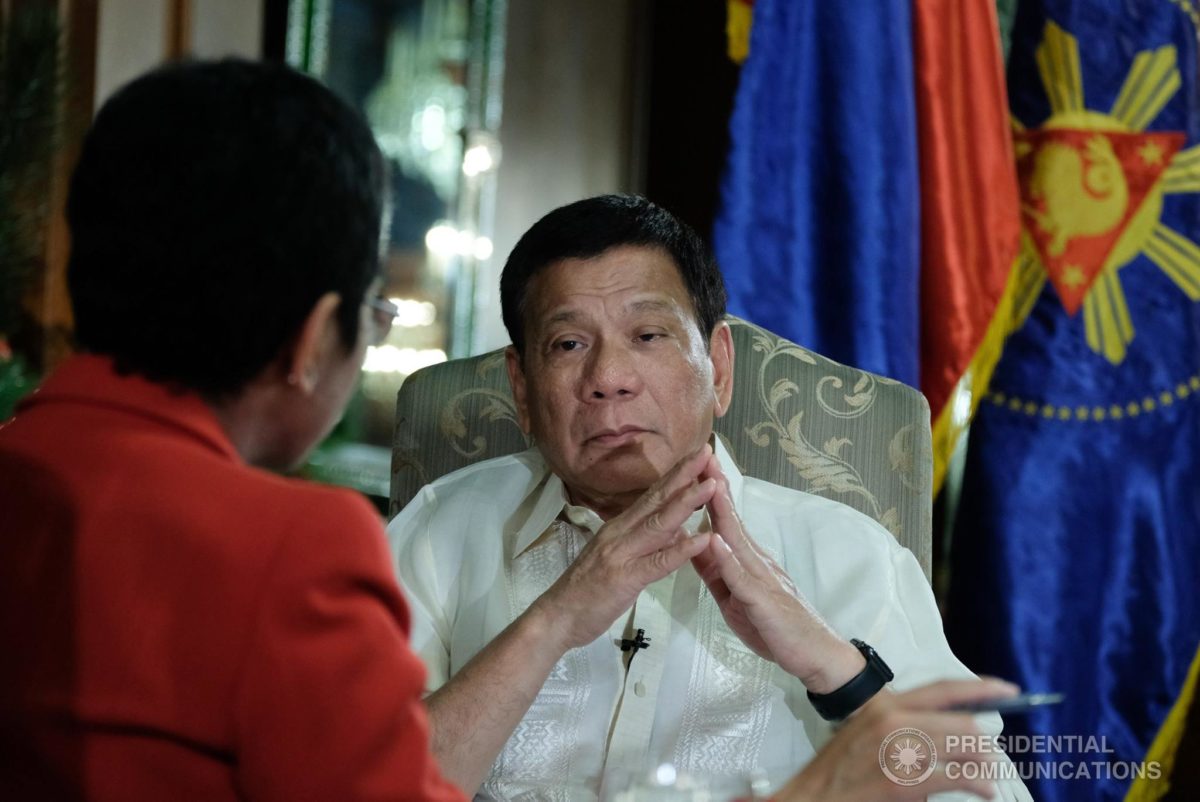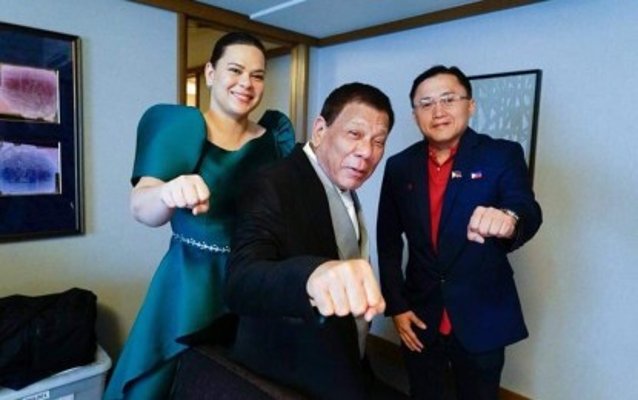In his first State of the Nation Address (SONA) in 2016, President Rodrigo Duterte said, “I assure you, this will be a clean government… You know, ako makagarantiya (I can guarantee), 101% it will be clean.”
Five years later, he is at the receiving end of serious accusations of widespread and big-time corruption from political allies and foes. He has lost his temper and resorted to name-calling as he dares his accusers to show proof.
When he reports to the nation today at the joint session of Congress, Duterte is expected to enumerate the gains his administration has made on his many promises and what more he intends to do in the remaining 11 months of his term.
More than half of his promises from his 2016 to 2020 SONAs remain unfulfilled. The next 11 months will be crucial if he is to leave the presidency with a sterling performance on those promises.
Continuing his unfinished programs and delivering on his promises to the people may have given his allies good reason to push his bid for the vice presidency in the 2022 elections. But Duterte said he was heeding the call to run for country’s second top post for two reasons: so he will not be considered a lame duck in his final year in the presidency and so he can continue enjoying the privilege of being immune from suit, that is, if he wins in 2022.
In 2019, he ended his address with an ambitious goal for the last three years of his term – “a comfortable life for everybody, all Filipinos.”
“We have made significant strides and accomplished signal milestones as a nation in the past three years. This momentum must continue with greater fervor in the next three years and beyond,” he boasted.
But six months later, the coronavirus disease 2019 (COVID-19) pandemic drastically changed the course and, as he delivers his valedictory SONA today, his direct audience will not be at the plenary hall of the Batasan Pambansa in Quezon City.
Like in the 2020 SONA, only a selected few will be gathered and physically present at the venue while many others will either be hooked on virtual connections or tuned in to live broadcast on television and online platforms while on home quarantine.
The pandemic, which has cost the country more than 27,000 lives and the economy trillions of pesos, has disrupted the way we live and continues to wreak havoc on the economy.
In his 2020 SONA, the President acknowledged that his previous year’s promise was unattainable because of COVID-19.
“The gains we achieved in the first three-and-a-half years were put to a test when the pandemic suddenly struck the global community. While I am aware that the road toward a comfortable life for all would be far easier if the pandemic had not occurred and along with the rest of the world we suffered.”
Just a few days before the president’s SONA, many parts of the country are back on stricter quarantine in preparation for a possible surge of infections from the more contagious Delta variant of the coronavirus disease even as the government is still struggling to catch up with its goal to vaccinate at least 50% of the country’s 110 million population by the end of the year.
His self-imposed deadline to eradicate the problems of illegal drugs, corruption and criminality “within three to six months” had long passed. Duterte himself has seemingly given up on curbing the menace. He said last February that he found it impossible to do it even beyond his term.
Two of the biggest international credit rating agencies, Fitch Rating and Moody’s, issued unflattering statements about their outlook for the Philippines. Fitch Rating said on July 12 that it has downgraded its outlook for the country from “stable” to “negative” while Moody’s, after more than a week, announced that it has lowered its Philippine growth forecast this year to 5.8% from the 7% it gave in January.
Bangko Sentral Governor Benjamin Diokno said the government needs to accelerate its COVID-19 vaccine roll-out, pursue more structural reforms and continue aggressively with an infrastructure development program in order to “immensely improve” the country’s growth prospects.
Although Fitch has affirmed the Philippines’ investment grade status, it said it sees increasing risks to the country’s credit profile and downside risks to medium-term growth prospects.
As of July 18, only 4.7 million Filipinos, or roughly 5.17% of the country’s 110 million population, had been fully vaccinated, representing a small fraction of the inoculation target of up to 70 million adults.
As of July 17, more than 27.92 million vaccine doses – 14.5 million of which were Sinovac from China – have been delivered to the country. At least 15 million doses have been administered.
The vaccination program that began on March 1 was hampered by supply disruptions but these are now beginning to ease with more shipments scheduled to arrive in the next few weeks.
Duterte may have succeeded in getting some of his tax reform programs in place but the lockdowns due to the pandemic resulted in business shutdowns and unemployment that will have adverse consequences for revenue collections.
His promise to solve the traffic gridlock in Metro Manila and other urban centers remains unfulfilled although the limits in mobility as part of the quarantine protocols have, somehow, eased the flow of vehicular traffic.
He had asked Congress for emergency powers to contain the worsening traffic situation, but the transportation department has failed to justify the need for it and convince legislators to grant it.
His promise to bring about economic progress by transitioning to a federal form of government has been stalled, and so was the desire to amend the Constitution and open up the economy to foreign investors.
The repeated requests for the restoration of the death penalty remain unheeded, primarily because the administration has failed to prove that capital punishment is an effective crime deterrent.
So far, the Duterte administration’s big success has been in further dividing Filipinos in which anyone who criticizes is tagged either as a “dilawan/ yellow” or a communist, if not a terrorist.
This, despite his recognition in his inaugural address that “no leader can succeed at anything of national importance [or] significance unless he has the cooperation and support of the people he is tasked to lead and sworn to serve.”
Perhaps the president does not really take to heart the promises written in his prepared speeches. In his 2020 SONA, Duterte ad-libbed, “Kung hindi ninyo ako naiintindihan sa binabasa ko, mas lalo ako (If you don’t understand me from what I’ve been reading, I am worse).”
The views in this column are those of the author and do not necessarily reflect the views of VERA Files.
This column also appeared in The Manila Times.
